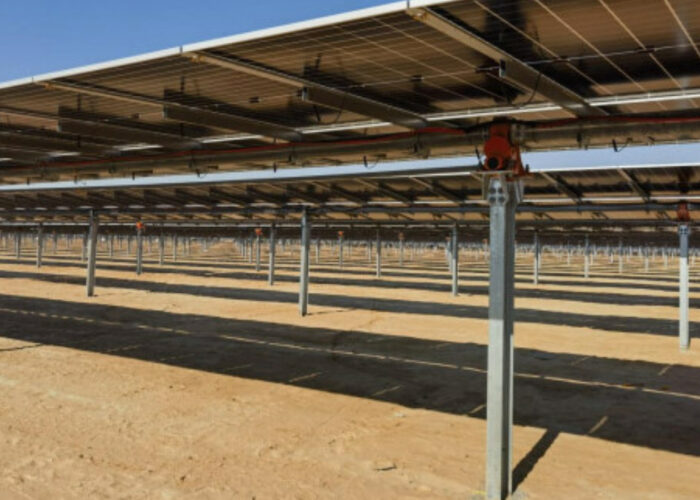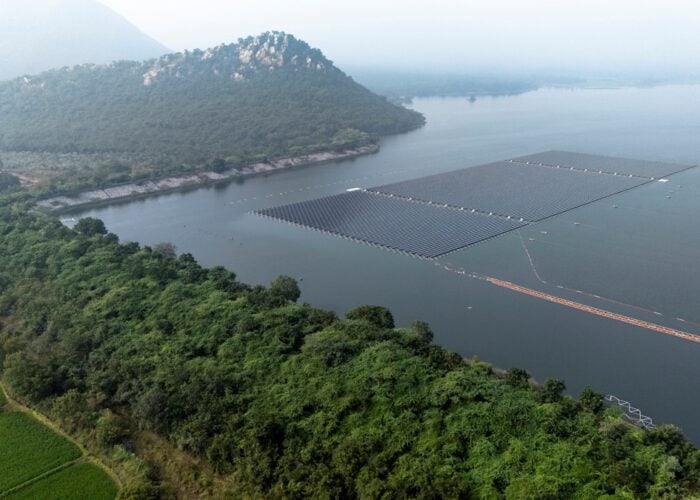Lowering interest rates for Indian solar projects from around 14% to 7% would save around one-third of the project’s entire lifetime cost, according to a senior climate financier.
Sean Kidney, CEO and co-founder of the Climate Bonds Initiative, told PV Tech that more than two-thirds of the lifetime cost of an Indian solar project is spent on interest charges to service the loans.
Try Premium for just $1
- Full premium access for the first month at only $1
- Converts to an annual rate after 30 days unless cancelled
- Cancel anytime during the trial period
Premium Benefits
- Expert industry analysis and interviews
- Digital access to PV Tech Power journal
- Exclusive event discounts
Or get the full Premium subscription right away
Or continue reading this article for free
“If you could halve the interest rate of an Indian developer you actually save a third of the lifetime cost of that solar plant. That is amazing,” he said.
“They want to build a lot of coal. If we can buy down the interest rate for renewables they will go to renewables because they were cheaper. We need halve that rate, from 14 to 7%, which is still a damn good interest rate in European terms, bearing in mind that Kenya and Tanzania are issuing sovereign bonds at rates of 7 and 8% and they're high risk countries.”
Lowering this rate requires development banks to shoulder the first losses of projects that might fail.
With President Obama earmarking another US$2 billion for renewable energy in India, Kidney is in no doubts about what it should focus on.
“I'm hoping the big contribution from the US will be supporting a reduction in interest rates in India by providing what’s called a partial guarantee or a first loss position or a mezzanine position. That involves a sovereign that’s willing to take on the risk for a policy reason. That doesn't mean it has exposure for the whole project, it means exposure to part of the project and that they lose their money before the commercial investors lose theirs. They might only have exposure to 15% of the project. If it goes bust they lose that money, but only the 15%, that makes the difference to a reasonable credit rating,” explained Kidney.
Kidney’s Climate Bonds Initiative is a not-for-profit that aims to mobilise investments in a number of climate friendly areas, including solar.
“Bond markets are paying very low rates at the money and you can usually refinance a bank loan more cheaply on the bond market. It's hard to get project finance that way so the big opportunity is in financing. You use a bank loan or equity for short term and as soon as it is in the ground earning money you quickly refinance it on the bond market,” he said.
Driving the cost of solar projects down generally also places the onus on government, Kidney said.
“The main driver of reduced cost is the scale of deployments, the bigger the contracts the faster the price drops. This is what Germany and China have shown us. This means courage on the part of governments to commission larger solar will dramatically drop the price and that will hasten the revolution even faster.”






